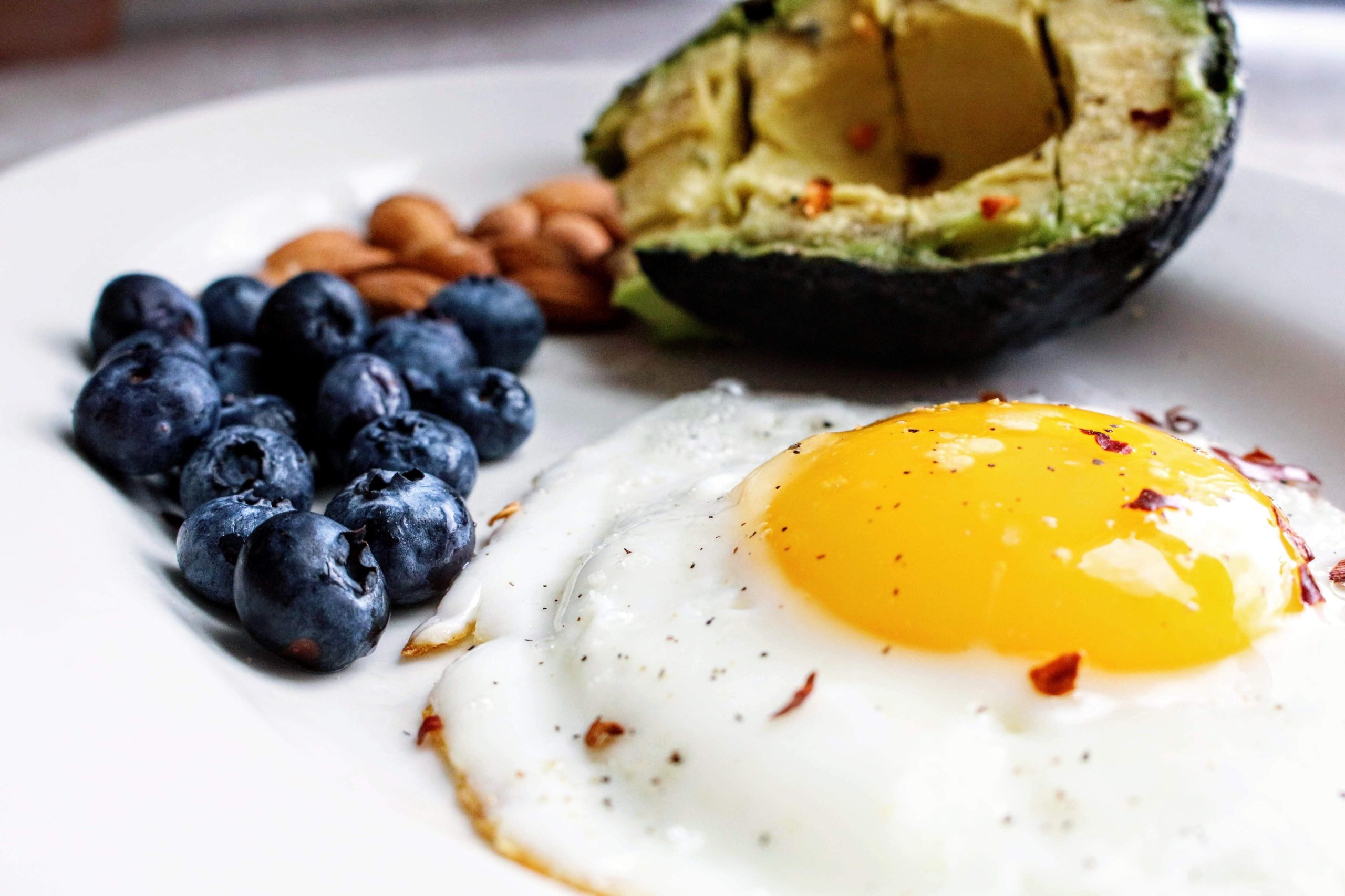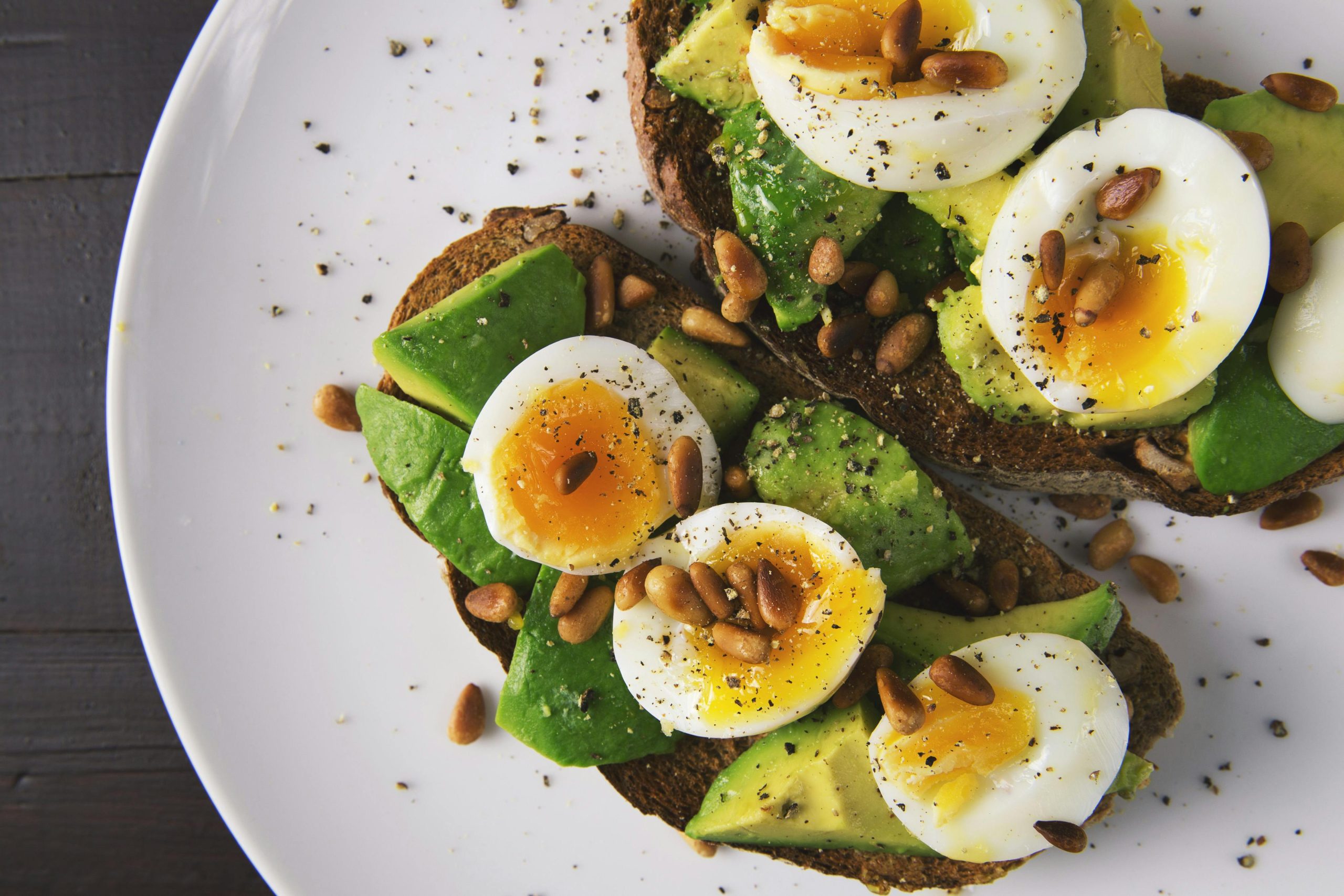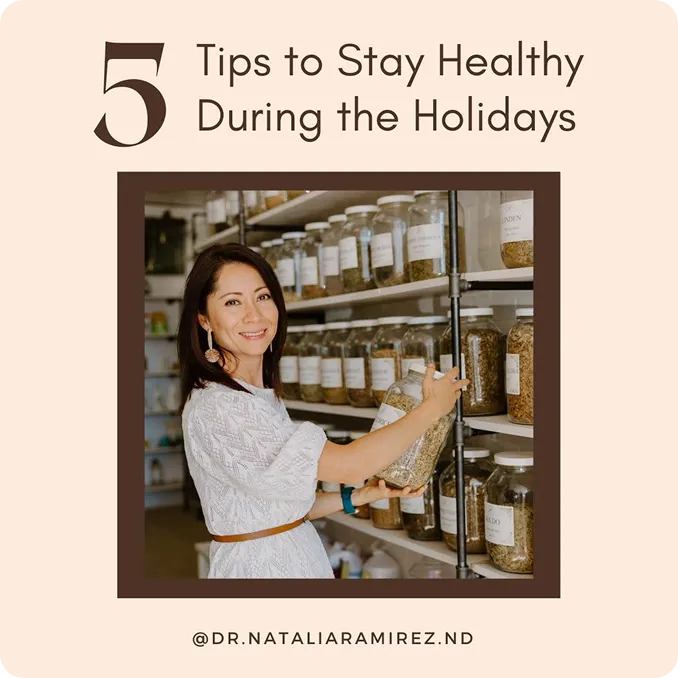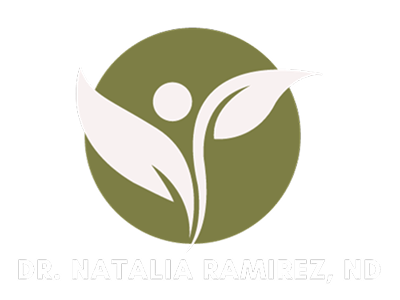Every bite we take is a decision, a vote towards our health and well-being. In a world brimming with quick fixes and fast foods, it’s crucial to stop and reflect on the genuine power of nutrition and the profound effects it has on our holistic health. Whole foods, packed with nature’s essence, not only fuel our bodies but also nourish our minds and spirits.
Understanding Whole Foods
At its core, whole foods refer to foods that remain close to their natural state – minimally processed and free from additives or other artificial substances. Think vibrant vegetables, hearty whole grains, succulent fruits, and lean proteins. These are foods that our ancestors would recognize and ones that our bodies instinctively know how to process.
The Symphony of Nutrients
Whole foods are a treasure trove of essential nutrients. Unlike refined foods, which often have the majority of their nutrients stripped away, whole foods maintain their rich profile of vitamins, minerals, and phytonutrients. It’s this synergy, where nutrients work in harmony, that drives the numerous benefits of a whole food diet:
- Digestive Health: Fiber-rich whole foods, such as oats, beans, and berries, promote a healthy gut, ensuring smooth digestion and acting as fuel for beneficial gut bacteria.
- Stable Energy: Foods like quinoa, sweet potatoes, and nuts provide sustained energy, preventing the notorious highs and lows associated with sugary processed foods.
- Brain Boost: Omega-3 fatty acids from sources like flaxseeds, chia seeds, and walnuts are associated with improved brain health and cognitive functions.
Whole Foods as Preventative Medicine
An age-old adage reminds us, “Let food be thy medicine,” and modern research is echoing this wisdom. A diet rich in whole foods has been linked to:
- Lower risk of chronic diseases such as diabetes, heart disease, and certain cancers.
- Improved mental well-being, with dietary patterns playing a role in mood and emotional health.
- Enhanced immune function, ensuring we’re better equipped to combat infections.
Embracing the Whole Foods Journey
Transitioning to a whole foods diet doesn’t demand perfection; it’s a journey of conscious choices. Here are some steps to start:
- Shop the Perimeter: In many supermarkets, the outer aisles usually house fresh produce, dairy, and proteins, while the inner aisles contain more processed items.
- Read Labels: If a food item has an ingredient list longer than your arm, or full of unpronounceable names, it’s likely far from its natural state.
- Experiment and Explore: Dive into the colorful world of whole foods. Try a new vegetable, explore ancient grains, or experiment with different nuts and seeds.
Final Thoughts
Our relationship with food is deeply personal and intertwined with culture, emotions, and memories. By choosing whole foods, we’re not just adopting a diet; we’re embracing a lifestyle, a commitment to our holistic well-being. It’s a journey of discovering the profound ways in which food, in its purest form, can heal, energize, and uplift our bodies.










